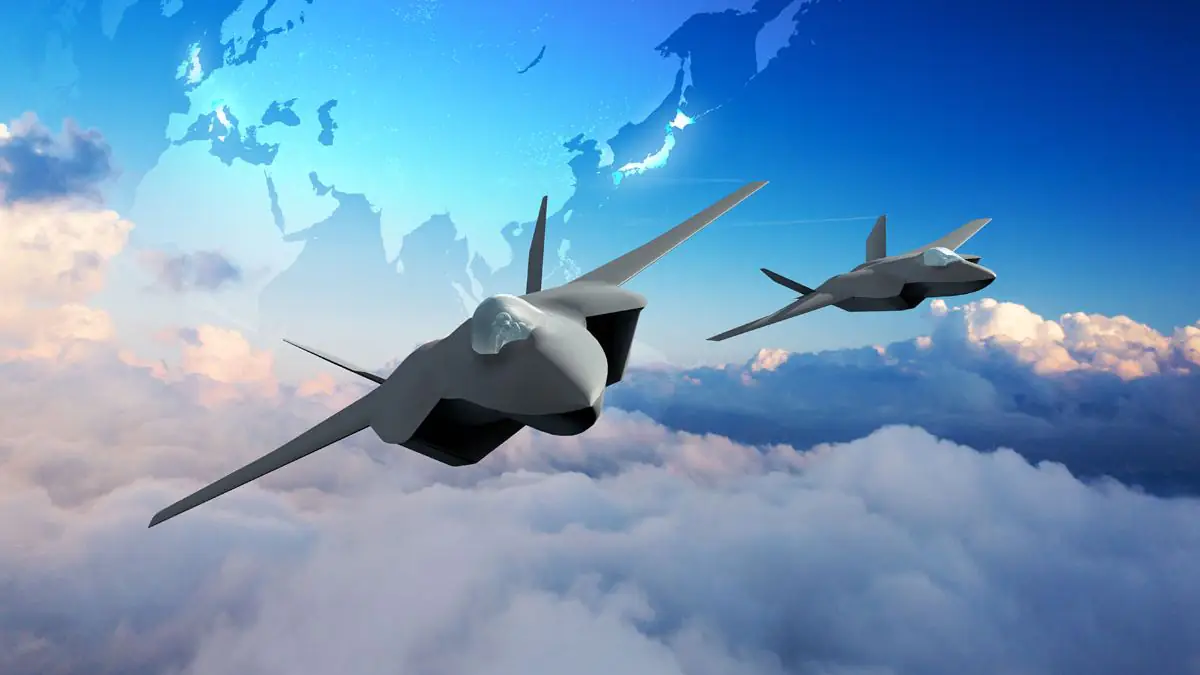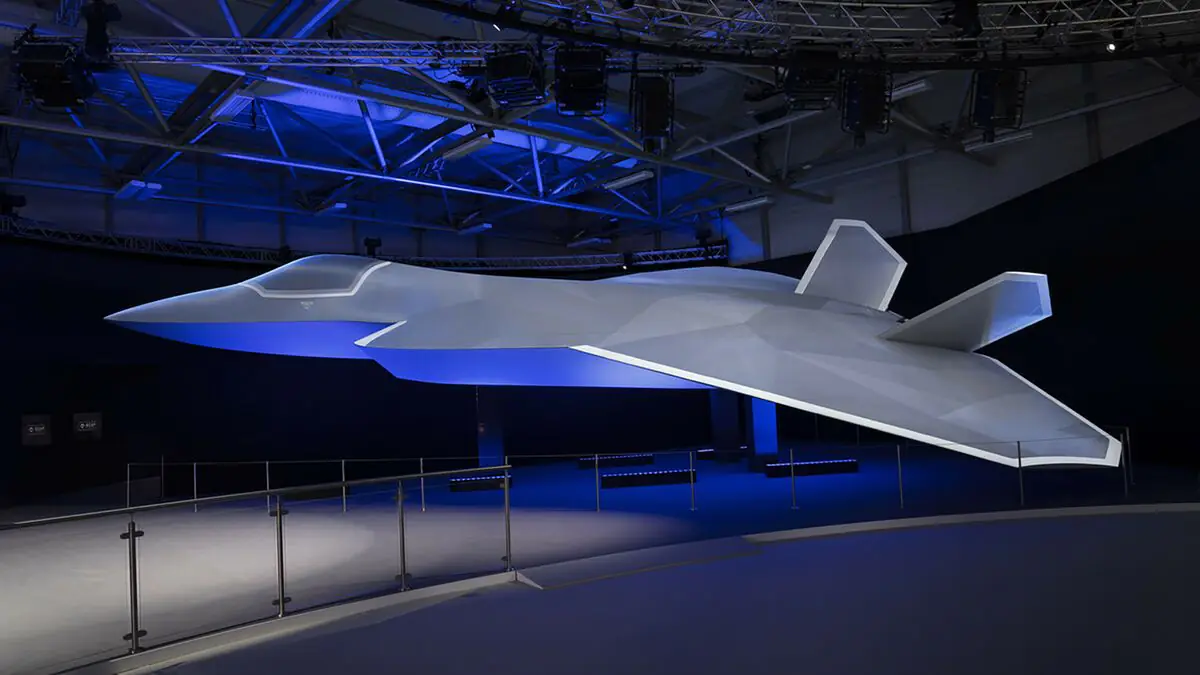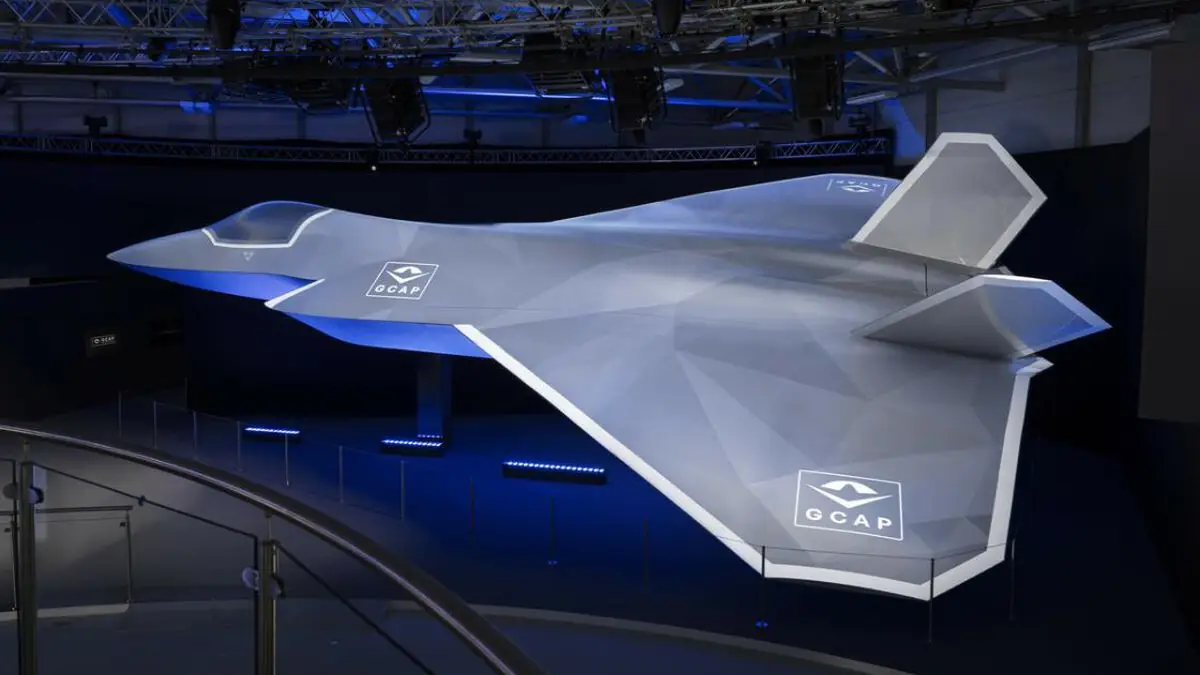The United Kingdom has confirmed that it is continuing the Global Combat Air Programme (GCAP), assuring that the development of sixth-generation stealth fighters remains on track. This program is a key trilateral initiative launched by the UK in collaboration with Italy and Japan, focused on the development of next-generation air combat capabilities.
Secretary of State for Defence, John Healey, reassured the Committee of the government’s commitment to the program. “We are committed to it. This is a very important program,” he said, emphasizing that maintaining the momentum of the program had been his personal priority during the first four months of his tenure.

John Healey highlighted recent progress, including advancements in the work on the agreement and organizational achievements. “I have had a series of meetings with my Italian and Japanese colleagues,” said the Defence Secretary. “The areas I have been most focused on maintaining momentum in are finalizing and passing the agreements through all three parliaments… and continuing work with the three leading companies on the creation of an official joint venture. I expect this to be completed before Christmas.”
He added that these efforts are laying an “important foundation” for the program and demonstrating the government’s commitment to its successful implementation. John Healey emphasized the strategic significance of GCAP, as it will serve both as a response to emerging threats and as a pillar for the United Kingdom’s industrial base.
“It is fundamentally important for our industrial base in this country and for sustaining what has been, for decades, the world’s leading air combat capabilities and technologies in the United Kingdom,” stated John Healey.

Lieutenant General Sir Rob Magowan supported this view, emphasizing that the GCAP will replace the Typhoon, ensuring the continuity of the United Kingdom’s air combat capabilities. While the GCAP is set to enter service in the late 2030s, the Typhoon remains a central element of the UK’s air combat strategy. General Magowan noted that the UK plans to retire the first-generation Typhoons by 2027 and is investing significant resources to enhance the capabilities of the second and third-generation Typhoons.
John Healey also highlighted the government’s efforts to secure international orders for the Typhoon. “It so happened that last week I was in both Turkey and Saudi Arabia. The opportunity for these countries to benefit from the Typhoon was a significant part of our discussions,” he said, emphasizing the importance of the program in addressing future challenges. The outcome of this program will enable the UK to respond to new threats and technologies the country may face in the mid to late 2030s.
Source: ukdefencejournal








